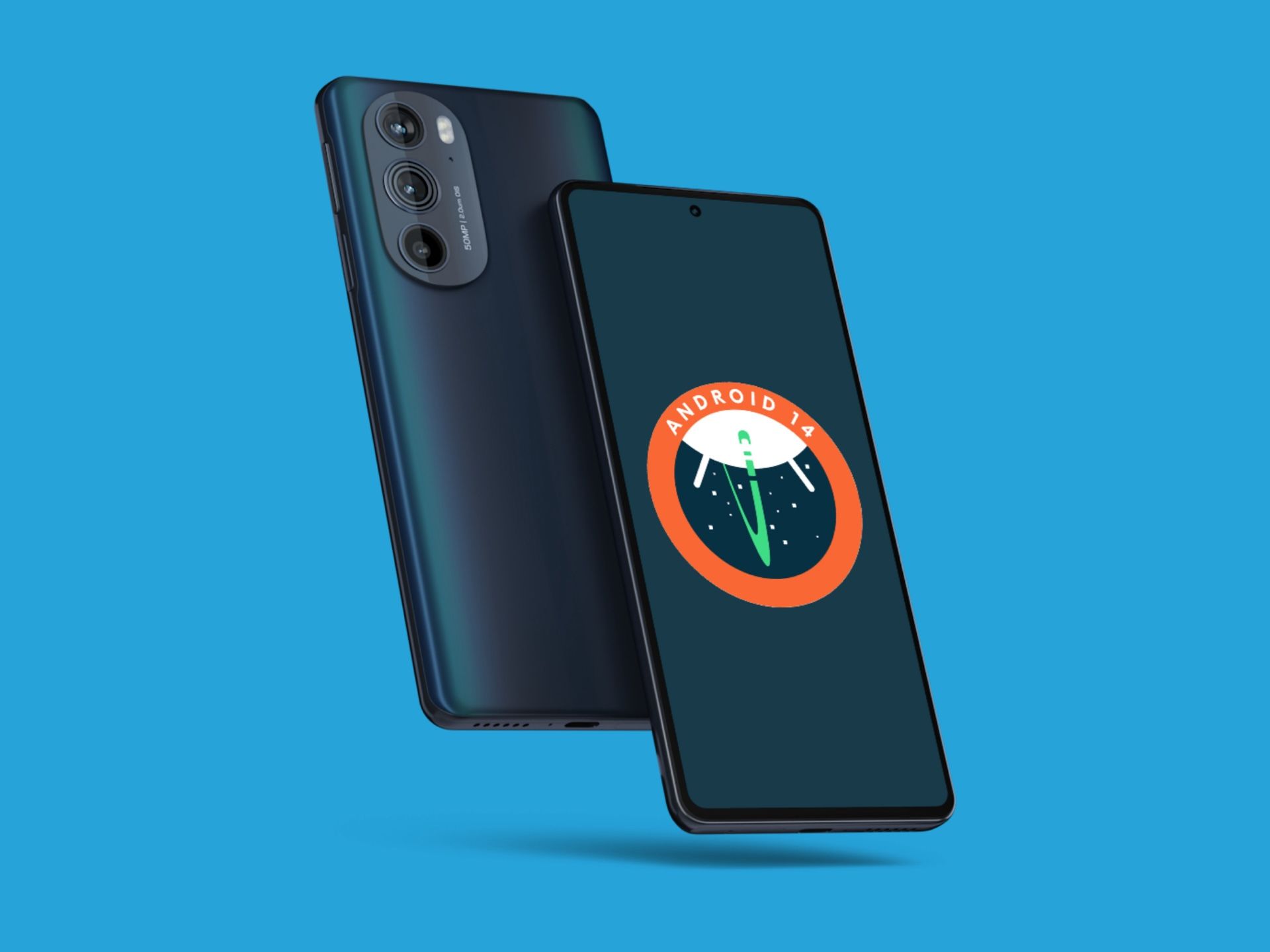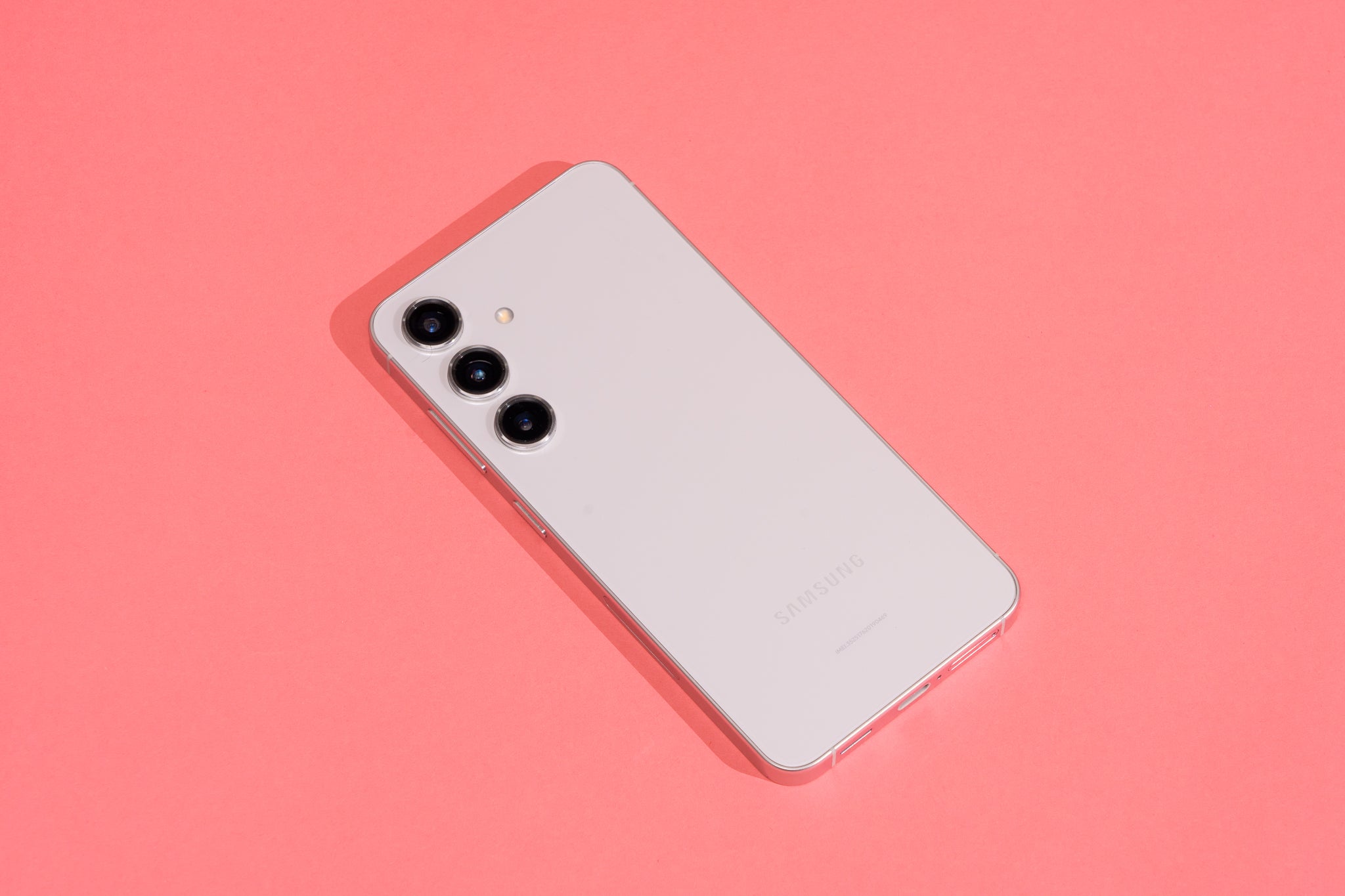Introduction to Spyware Threats on Android Devices
In the digital age, privacy and security have become paramount concerns, especially with the ubiquitous use of smartphones. Android, as the world’s leading mobile operating system, is no stranger to spyware threats. Spyware, malicious software designed to infiltrate devices and gather sensitive information without users’ consent, can track keystrokes, monitor calls, access personal data, and even control device functions. This comprehensive guide aims to educate Android users on identifying, understanding, and mitigating spyware infections, ensuring the safety of their personal information and digital lives.

Understanding the Signs of a Spyware Infection
The first line of defense against spyware is recognizing the telltale signs of its presence. Unexplained battery drain, sluggish performance, increased data usage, and the sudden appearance of unfamiliar apps are common indicators. Moreover, unusual behavior such as spontaneous activation of the microphone or camera, strange background noises during calls, and text messages or calls not showing up can all point towards a potential spyware infection. Users should also be wary of overheating devices, as excessive power consumption from running hidden spyware processes can cause this.
Inspecting Installed Apps and Permissions
A thorough review of installed applications is crucial in detecting spyware. Navigate to the Settings > Apps section on your Android device and scrutinize each app, paying close attention to those that request unnecessary permissions. Spyware often masquerades as legitimate apps requiring access to contacts, messages, camera, microphone, and location data. Be skeptical of apps from unknown sources or those downloaded outside the Google Play Store. If an app seems suspicious, research it online or consult the official app store listing to verify its authenticity.

Monitoring Network Activity and Data Usage
Another effective detection method involves monitoring network activity and data usage patterns. Utilize the built-in Data Usage feature in Android settings to track which apps are consuming the most data. Unusually high data usage by an app that shouldn’t require much, such as a calculator or flashlight app, can signal spyware activity. Additionally, consider using a reputable third-party security app that includes network monitoring capabilities to identify suspicious outgoing connections.
Performing Regular Security Scans
Regular scanning with a reliable anti-spyware or antivirus app is fundamental in maintaining device security. Many reputable security apps offer real-time protection, regularly updating their databases to detect the latest spyware threats. Schedule automatic scans or manually initiate them at least once a week. Should the scan detect any malicious software, follow the app’s instructions for removal carefully. Remember, prevention is better than cure, so installing security software proactively is advisable.

Using Android’s Built-In Security Features
Android OS comes equipped with several security features that can aid in spyware detection and prevention. Enable Google Play Protect, a built-in malware scanner that automatically reviews apps before and after installation. Regularly update your Android system and apps to patch known vulnerabilities that spyware could exploit. Furthermore, activating Developer Options to monitor running services can reveal suspicious background activities that could be linked to spyware.
Advanced Techniques: Checking for Root Access and File Analysis
For tech-savvy users, examining the phone’s root status and conducting a file analysis can reveal deeper insights. Spyware often requires root access to fully control the device. Check if your phone has been rooted without your knowledge by looking for superuser apps or using root checker tools available on the Play Store. Analyzing system files for anomalies can also be revealing; apps like FX File Explorer enable viewing hidden files and folders where spyware may hide. However, proceed with caution, as misidentification could lead to deleting critical system files.
Protecting Your Privacy Online
Beyond device-level checks, safeguarding your online behavior is essential to prevent spyware infections. Avoid clicking on suspicious links or downloading attachments from unknown sources, especially via emails or messaging apps. Use strong, unique passwords and enable two-factor authentication wherever possible. When using public Wi-Fi, employ a trusted virtual private network (VPN) service to encrypt your internet traffic and protect against man-in-the-middle attacks.

What to Do If You Suspect Spyware
Discovering spyware on your device can be distressing, but swift action is necessary. First, disconnect the device from the internet to limit data exfiltration. Then, run a full scan with a trusted security app and follow its removal instructions. If the issue persists, consider performing a factory reset as a last resort, but be aware this will erase all personal data. Post-reset, reinstall only necessary apps from trusted sources and restore data from secure backups made prior to infection.
Preventive Measures for Future Protection
To minimize the risk of future spyware infections, practice good cybersecurity hygiene. Keep your device and apps updated, install a reputable security suite, and be cautious when granting app permissions. Educate yourself about social engineering tactics used by cybercriminals to trick users into installing malware. Lastly, maintain regular backups of important data to external storage or cloud services that support encryption, ensuring you can recover from a worst-case scenario without losing precious information.
Staying Informed and Vigilant Against Emerging Threats
In the ever-evolving digital landscape, new spyware threats and attack vectors are constantly emerging. To stay protected, it’s crucial to stay informed about the latest security news, updates, and vulnerabilities. Follow reliable technology and cybersecurity news sources, and consider subscribing to alerts from security organizations that track and report on malware activities.
Be mindful of app permissions and updates. Regularly review the permissions granted to your installed apps, and revoke unnecessary ones. Be wary of apps requesting access to sensitive information without a clear reason. Furthermore, promptly update all your apps and operating system when updates become available, as these often include security patches addressing newly discovered vulnerabilities.

Develop a Healthy Skepticism
In today’s world, a healthy dose of skepticism can be a significant line of defense. Be cautious of offers that seem too good to be true, unsolicited messages asking for personal information, or urgent calls to action that pressure you into immediate response without time to verify the authenticity. These are common tactics employed in phishing scams designed to trick you into downloading malware or divulging sensitive information.
In conclusion, detecting and combating spyware on Android phones demands a multi-layered approach combining awareness, proactive scanning, and smart online habits. By staying vigilant and taking advantage of the security tools at your disposal, you can significantly reduce the threat of spyware and protect your privacy in today’s digital landscape.


